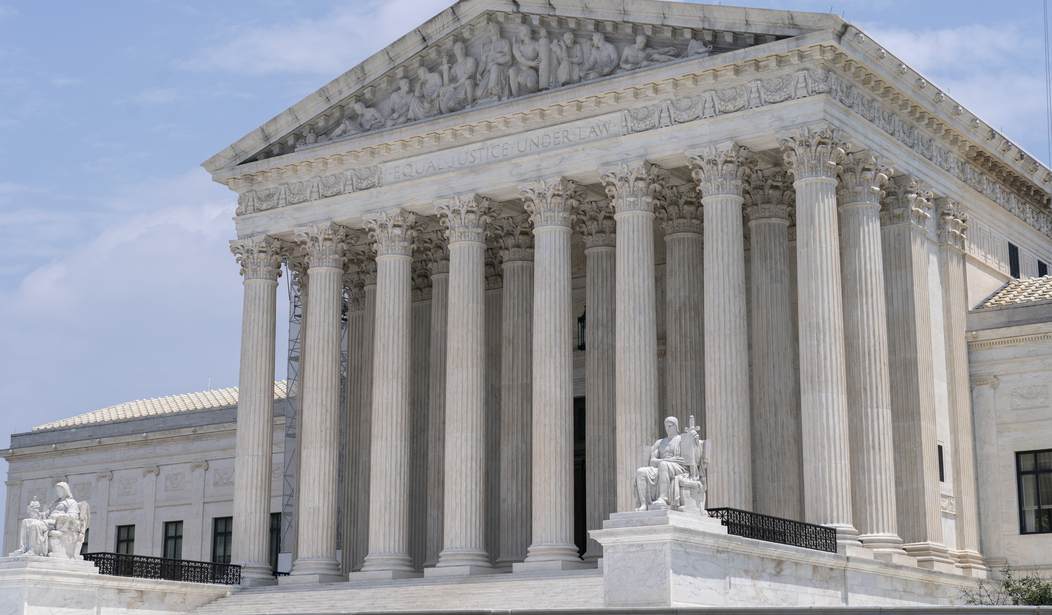Cities on the west coast have been fighting two 9th Circuit Court decisions which limit their ability to remove homeless encampments. The 2018 Boise decision and the 2022 Grants Pass, Oregon decision effectively mean that cities like San Francisco and Los Angeles can’t clear sidewalks or parks unless they have a bed to offer every homeless person in their jurisdiction.
But as many, including Mayor London Breed of SF have pointed out, many homeless people routinely refuse offers of shelter because they’d rather remain on the streets. In effect, this means the courts are requiring cities and counties to have open beds they know will never be filled in hopes the homeless will agree to move inside when asked.
Gov. Newsom and the cities of LA, SF, Portland, Phoenix and others have asked the Supreme Court to take up these 9th Circuit Court decisions and overturn them arguing that they leave no recourse for cities who want to clear the streets. Today the Supreme Court agreed to have a look.
The Supreme Court said Friday it will consider whether state and local officials can punish homeless individuals for camping and sleeping in public spaces when shelter beds are unavailable.
The justices will review a lower court decision that declared it unconstitutional to enforce anti-camping laws against homeless individuals when they have nowhere else to sleep.
The U.S. Court of Appeals for the 9th Circuit, which covers Western states, including California, Oregon and Washington, first held in 2018 that the Eighth Amendment’s protection against cruel and unusual punishment prohibits cities from criminalizing public camping when shelter is unavailable.
The city of Grants Pass, Ore., asked the justices to overturn a similar recent decision involving civil fines and warned that the ruling would paralyze cities across the West from addressing safety and public health risks created by tents and makeshift structures. The 9th Circuit’s decision, the officials said, is standing in the way of a comprehensive response to the growth of public encampments.
NBC News has more on the 2022 Grants Pass decision:
The ruling was met with considerable criticism within the appeals court itself, with the entire bench deciding narrowly against reconsidering it in a 14-13 vote.
The decision was a “dubious holding premised on a fanciful interpretation of the 8th Amendment,” wrote one dissenter, Judge Diarmuid O’Scannlain. The ruling has the effect of “paralyzing local communities from addressing the pressing issue of homelessness, and seizing policymaking authority that our federal system of government leaves to the democratic process,” he added.
Lawyers for Grants Pass defended the city’s actions, saying there is “nothing cruel or unusual about a civil fine for violating commonplace restrictions on public camping.”
Theane Evangelis, one of the city’s lawyers, said in a statement that the appeals court ruling has “contributed to the growing problem of encampments in cities across the West.”
As I pointed out here, one of the key issues in this case is whether someone is voluntarily or involuntarily homeless. The restrictions on removing the homeless apply to those who are not there by choice. But in theory anyone who is offered shelter space and refuses is, at that point, there by choice not by necessity.
…officials representing city and state governments argue that people living on the streets who decline an offer to relocate to a temporary shelter are therefore there by choice — in other words, that they are “voluntarily homeless.”
That’s because a body of case law dealing with the rights of homeless people hinges on this concept of whether a person’s conduct is “voluntary.” Courts have largely found that punishing someone for an involuntary status like homelessness violates the Eighth Amendment’s prohibition on cruel and unusual punishment.
That makes sense to me but apparently does not to the 9th Circuit. Hopefully the Supreme Court with straighten this out so cities along the West Coast aren’t handcuffed while trying to deal with this problem. Not only would clarifying this be better for cities and their residents, it would be better for the homeless as well who would find it harder to remain outside once it’s clear that making that decision means they are no longer immune from further action by the city and the police. Simply put, there has to be some downside to living in a tent on the sidewalk or, as we can see all around California, many thousands of people will choose to do it.








Join the conversation as a VIP Member